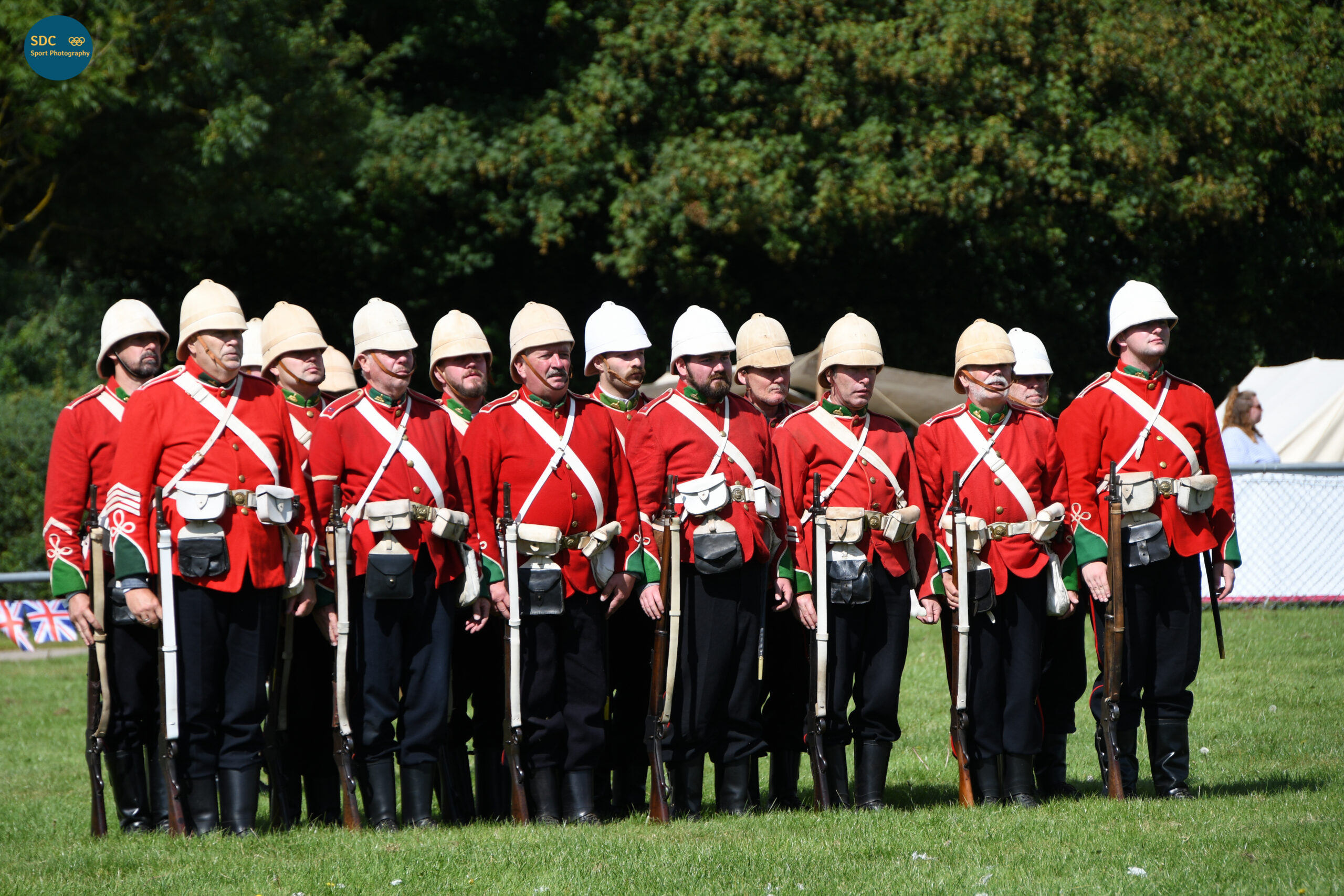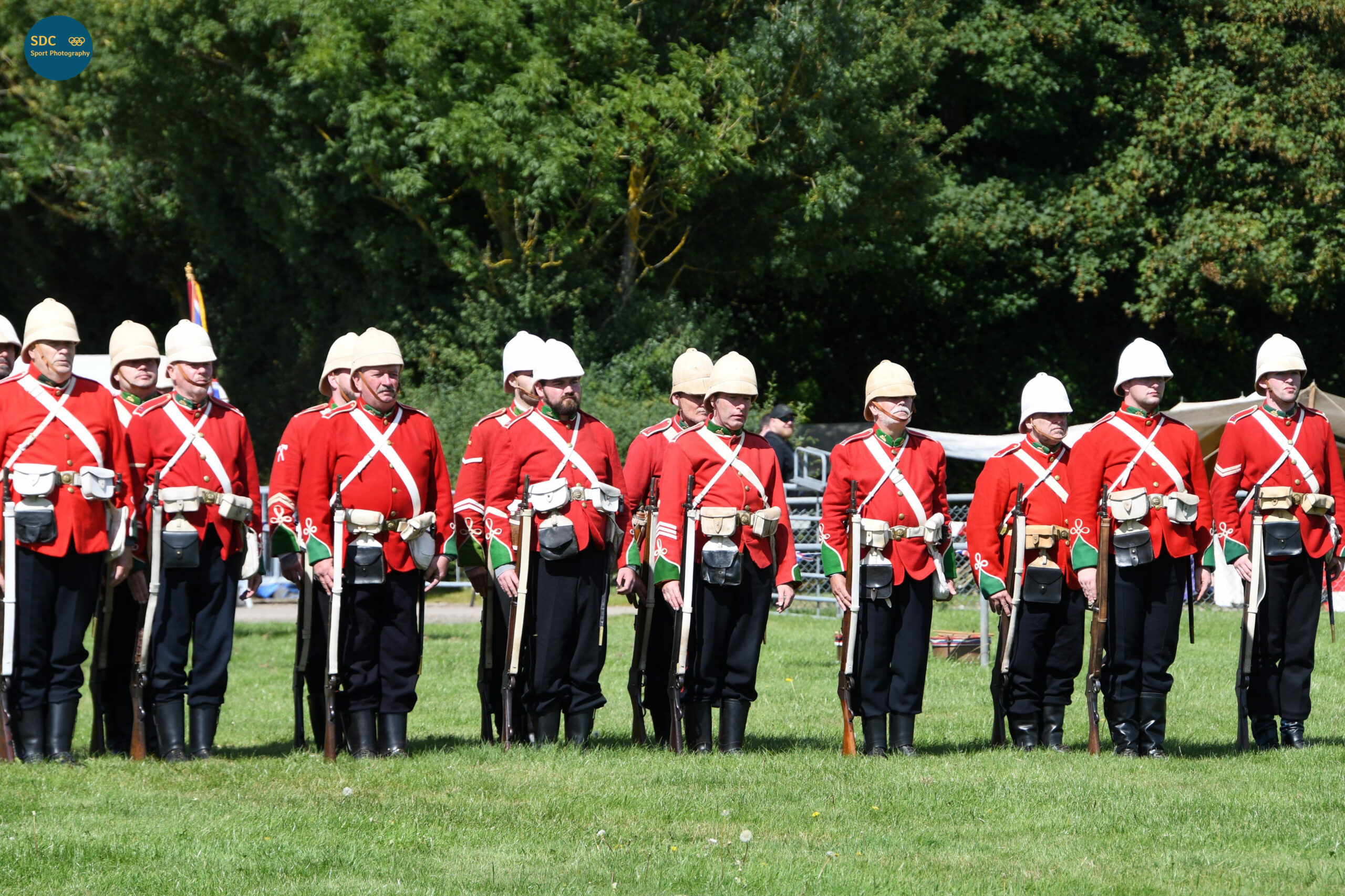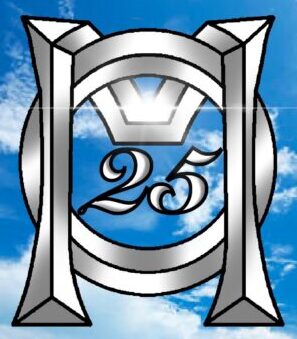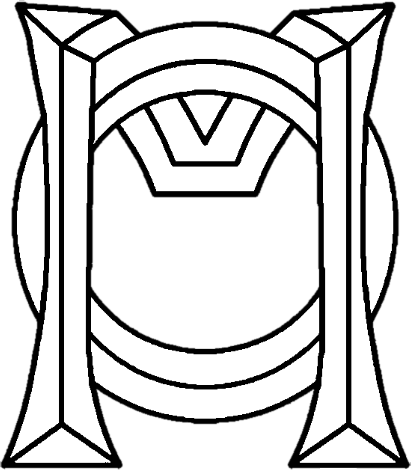Napoleonic

Napoleonic
Napoleonic was a series of wars that involved the French, and some European states, which formed a coalition to defend themselves against Napoleon I. The war put the French on the front of 23 years of recurring conflicts that resulted in the Battle of Waterloo and Napoleon’s second resignation in 1815. After the 18-19 Brumaire coup in 1799 and taking over a chaotic republic, Napoleon successively established a state with stable finances, government, and well-trained military. Although Italian forces had successfully won in a series of victories, the course of Switzerland campaigners has mirrored the growing differences between Austria and Russia, which later formed a coalition and declared war against the French. In reaction, Napoleon defeated the Russo- Austrian army at Austerlitz in 1805, considered one of the most profound victories from the French. Conversely, the British relentlessly defeated the Franco- Spanish navy at sea in the battle of Trafalgar in 1805, which fortified British control in the sea, and prevented attacks from the French.
Expansion of French’s power established a scare in Prussian, which steered the fourth coalition with Russia, referred to as Saxony and Sweden, which ignited a war in October 1906. The war resulted in Napoleon defeating Russia in Friedland, Prussian at Jena, establishing treaties of Tilsit in July 1807. The first treaty occurred between Empower Alexander 1 of Russia and Napoleon I of France, while the second happened between Prussia and France. The treaties were established at the expense of the Prussia King, who agreed to a truce after Grande Armee captured Berlin and hunted him to his territories.


The defeat led to the establishment of six coalitions which established a campaign against the French. The alliance launched a war in Leipzig, also called the battle of Nation, which resulted in the defeat of French armies after several engagements. The Allies defeated the French from the East. In contrast, the Peninsula war defeated the French from Southwestern, which later resulted in capturing of Paris in 1814 and capturing of Napoleon I. Napoleon I was later expelled from Elba Island and the restoration of Bourbon. Napoleon later escaped in February 1815 and took over France for a hundred days. The formation of the seventh coalition led to his defeat in Waterloo in June 1815, and he was exiled in Saint Helena, where he died six years later. The congress of Vienna was established to form a political border which led to peaceful existence between the countries.



